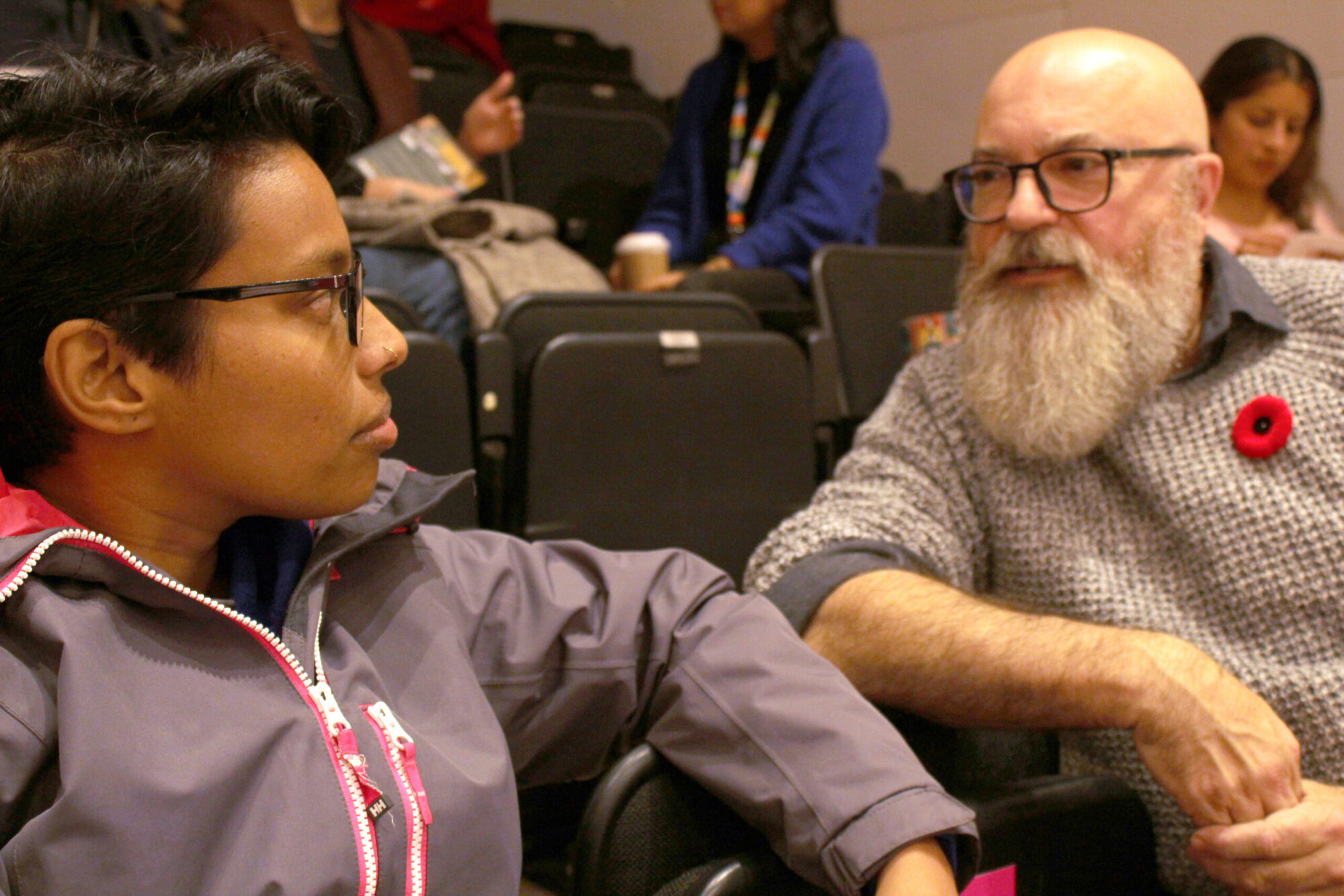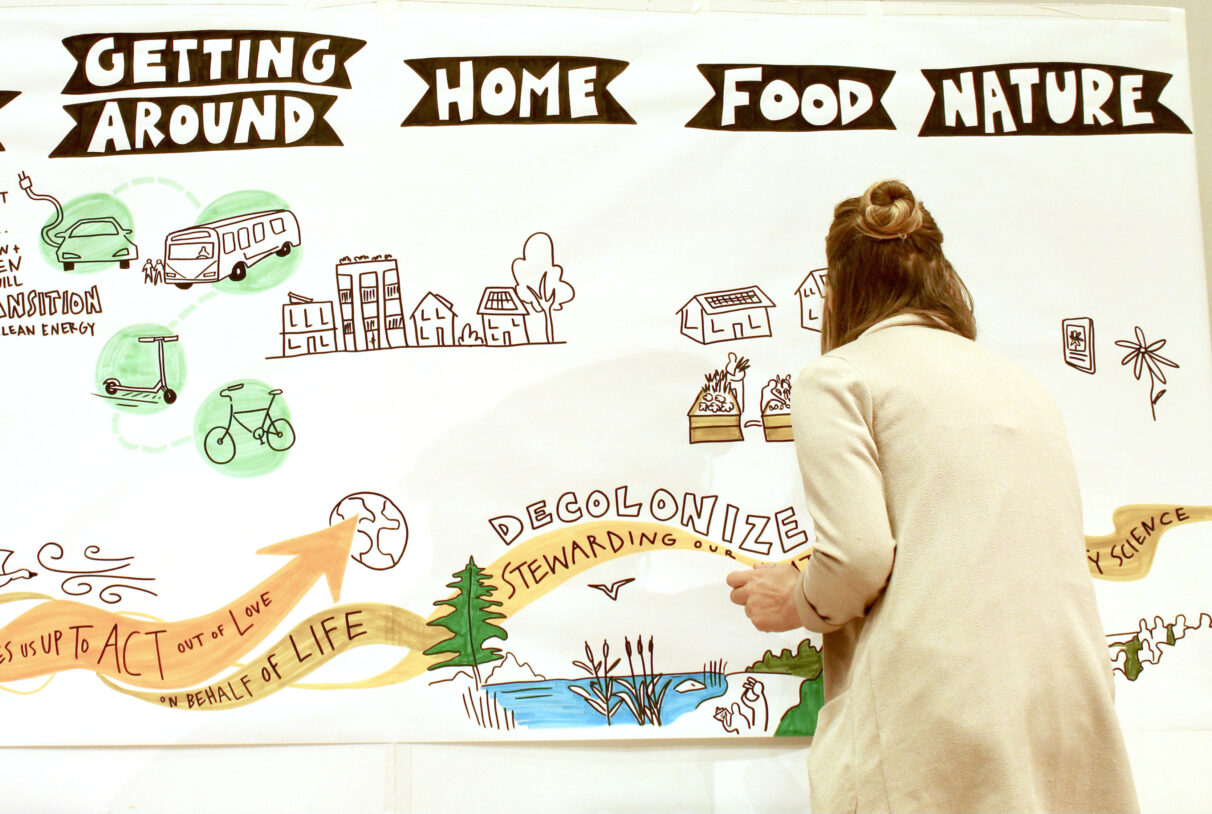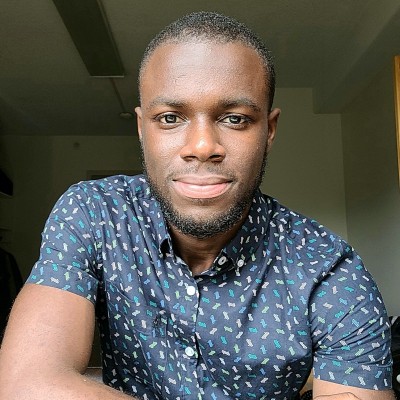‘Human library’ seeks to educate people on climate advocacy
Interactive event puts library patrons next to climate experts

caption
A library patron speaks with climate expert Sean Kelly in Paul O'Regan Hall during an event called The Human Library.Halifax Central Library patrons gathered in Paul O’Regan Hall on Friday to learn about climate advocacy and other related topics during what was being called a human library.
At the event, patrons met outside the hall with an attendant outside the hall, who handed them a passport, which would operate as their “library card.” The attendant then led them into the open hall, where there were five tables and displays representing different topics, such as Community, “Getting Around” and Nature.
Upon approaching a section, a librarian waiting at the table guided the patron through the various “human books” in their selection — people who were community experts in the topic. Once the patron chose the human book they were most interested in, the librarian escorted them into the stands, where an expert sat the patron down and shared their knowledge on climate change and advocacy in a ten-minute session.
“It’s just a cool idea,” said Shannon Miedema, Halifax Regional Municipality’s director of environment and climate change.
“Instead of checking out a book you read on your own, you’re checking out a person for a 10–15-minute conversation and they’re a deep expert in something around climate change.”
The event, which attracted around 100 people, was a collaboration between the Central Library and HalifACT, HRM’s climate action wing, which seeks to educate and empower local communities to take action against climate change.
Miedema said that the idea for hosting a human library came after hearing feedback from residents, who felt disempowered around climate action and were unsure of who or where to turn to for guidance. She and the HalifACT team envisioned an open and interactive space, where people could learn about and engage with new topics in a more personal manner.
Among these experts was Nicola Nemy, an experienced gardener and co-ordinator for Common Roots Urban Farm BiHi, a community farm in Fairview that has been promoting community health and environmental well-being since 2019. Stationed in the library’s food section, her sit-downs with patrons centred around her work with Common Roots and her advocacy for large-scale community farming efforts across the city.
“There’s so much green space that’s left empty,” Nema said. “This is an example of what can be done over these large public urban spaces.”

caption
A librarian draws images related to the topics at the event held at Halifax Central Library last Friday.She also highlighted the role that community gardening plays in fighting the climate crisis, namely in helping to reduce carbon emissions by reducing our reliance on grocery stores and the time it would take travel to and from them. She suggests volunteering at local community gardens as a good first step in getting involved in climate advocacy.
Ted Morris, an environmental property manager and eco-educator working with the Ross Creek Centre for the Arts, was another human book, featured in the library’s nature section. During his sit-downs with patrons, he spoke about the impact of colonial practices, such as forestry, on native ecosystems.
He suggested that, in addition to conservation efforts, people need to reframe their thinking around nature, citing Indigenous conceptions of the forest as a living thing with its own feelings. The simplest way to do that, he said, is to “know the trees by name.”
“We’re often far removed from these natural places that we don’t even know their names,” Morris said.
Miedema said she hopes those who checked out books throughout the evening will be feel inspired to engage in some form of climate action. She also said HalifACT is planning on doing more collaborations with the Central Library in future.
About the author

Karsten Greene
Karsten Greene is a Master of Journalism student at King's. He's passionate about storytelling and hopes to make a difference through it.